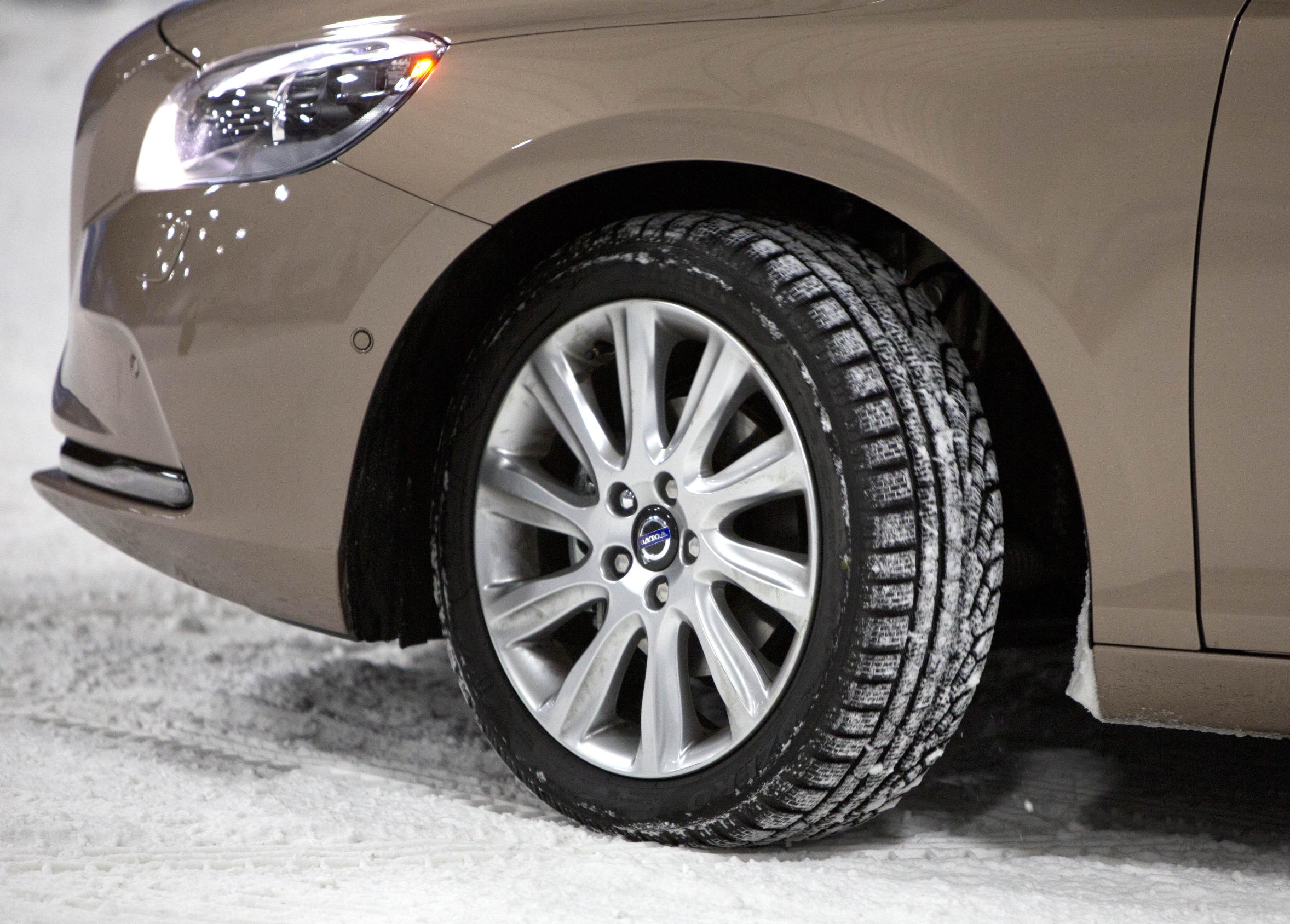With the UK’s mild winters, going so far as to make the switch to winter tyres on your car might seem like prepping a fallout shelter in case of a light breeze. But, even in the UK, tyres specially made for snow, ice and wet roads can be a real boon for safety — and in areas that get plenty of snowfall, they could even be thought of as essential.
That said, a good set of winter tyres cost as much as a good set of summer ones – so it’s definitely best to make sure you’ll make proper use of them before taking the plunge.
What are winter tyres?
Put simply, winter tyres are tyres that have been specifically crafted to work particularly well in snow, on slippery roads and in wet conditions. They’re made with a different kind of rubber than summer tyres – meaning that while the latter will harden up and lose grip at cold temperatures, winters will remain soft and grippy.
Winter tyres have a more aggressive tread pattern than summer alternatives, which ultimately reduces their grip on dry roads but increases it massively on wet ones.
Narrower grooves prevent snow building up and clogging winter tyres, so they’re better suited to driving on snow too.
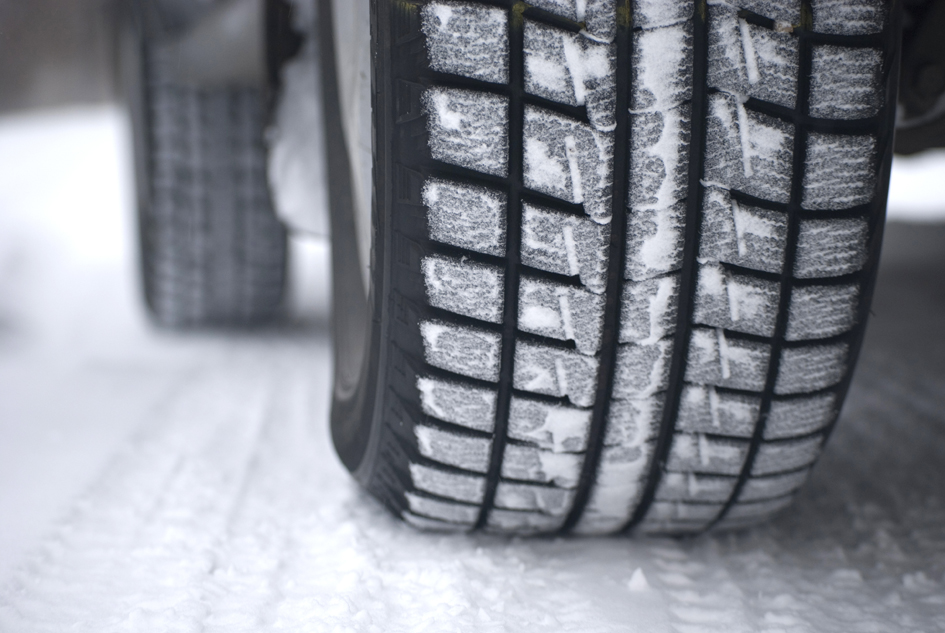
Benefits
Many people believe winter tyres are only effective in sub-zero conditions, but that’s not necessarily the case. In fact, the softer rubber compound used in these tyres aids grip over summer rubber at temperatures below seven degrees Celsius – which, depending on where you are in the country, can make them useful for several months.
Winter tyres significantly affect grip and traction on snow and ice, too. According to tyre manufacturer Continental, a car fitted with winter tyres will be able to brake from 30mph in 35 metres – eight metres shorter than one on summer tyres.
On ice, the difference is even greater – Continental claims an 11-metre difference even when braking from as slow as 18mph.
For those who regularly head abroad in their own car, it’s also worth noting that winter tyres are required equipment in several colder European countries through the winter months.
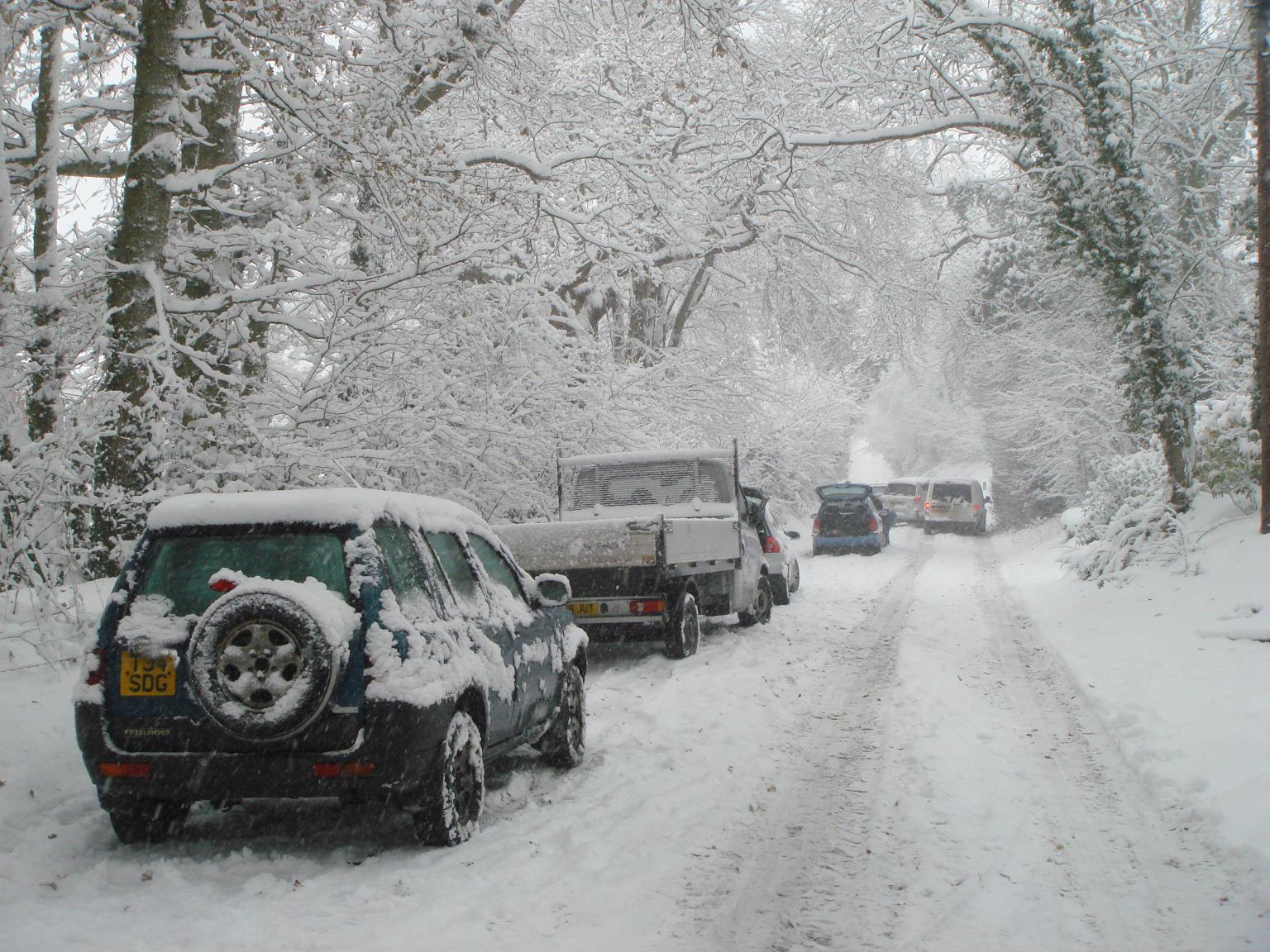
Cons
Winter tyres aren’t particularly useful once the temperature warms up. The soft rubber compound means they move around significantly when the weather’s hot, and you’ll notice a reduction in handling and grip. Stopping distances will be increased, and the tyres will wear more quickly than summer rubber would. Your fuel economy will also decrease.
This of course means that if you’re buying winter tyres, you’ll need somewhere to store them when the temperature increases. Some motorists simply buy the tyres, and have them switched over at a garage, while others purchase another set of (usually basic steel) wheels for the winter months. Either way, you’ll need a large shed or space in your garage for four tyres, with or without wheels. Alternatively, some companies do offer summer storage for a fee.
You will also need to disclose the fitment of winter tyres – especially if it also involves changing the wheels – to your insurer. Despite being a safety-related purchase, it’s considered a modification to your car and as such you need to tell your insurance company. It’s unlikely to increase your premiums, though.
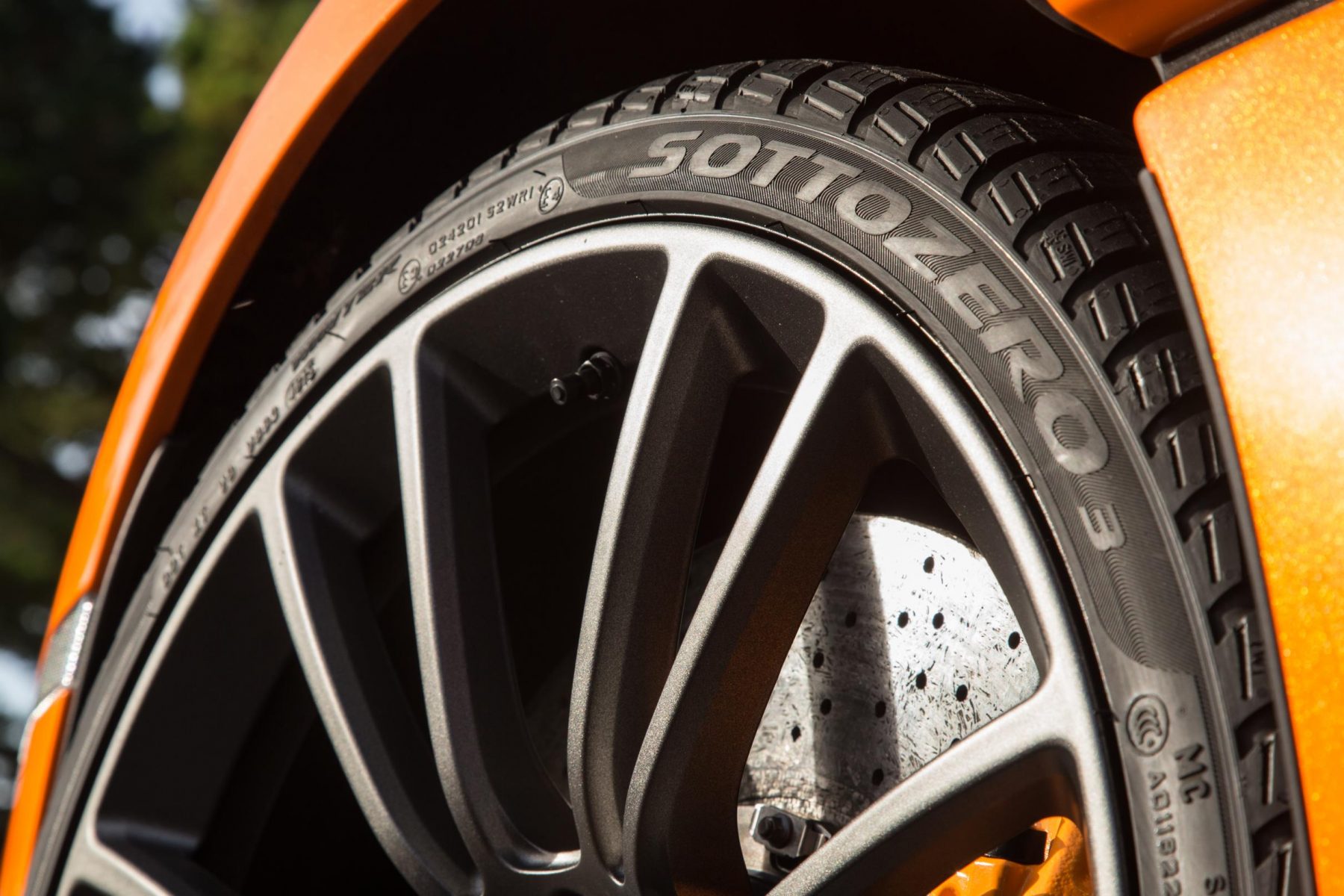
Winter tyres vs 4WD
We’ve all seen them – drivers who think that because they’ve got four-wheel drive believe that they’re invincible in the winter. They’re usually the ones who also think flooring the throttle is the best way to get out of a snowdrift – you’ll often find them entirely stationary, yelling at their car for not magically finding grip on sheet ice.
The fact is, while four-wheel drive does increase traction in certain situations, it can’t help at all if the tyres can’t grip the road. A two-wheel drive car on winter tyres will usually beat a four-wheel drive car on summer tyres any day of the week.
Four-wheel drive also does absolutely nothing to improve stopping distance or grip when turning. It should be considered a good addition to winter tyres, but definitely not an alternative.

Do I need winter tyres?
It really depends on your personal situation. If you’re a very low-mileage driver and don’t really need to venture out, you’ll likely make it through the winter simply by avoiding travelling when the weather gets really bad.
For moderate or high-mileage drivers, winter tyres are a really worthy investment, and could even save you from a sticky situation. This becomes especially true of those who live in the North of England or Scotland, or a rural area where the roads aren’t necessarily gritted as often – or at all.
As we’d recommend with summer tyres, going for a reputable brand – and not a cheap Chinese product – is key. Check independent review sites too for the best in grip and handling. The good thing about winter tyres is that they’re rarely on for more than a couple of months at a time, and so you can expect to get several years of use out of a set.
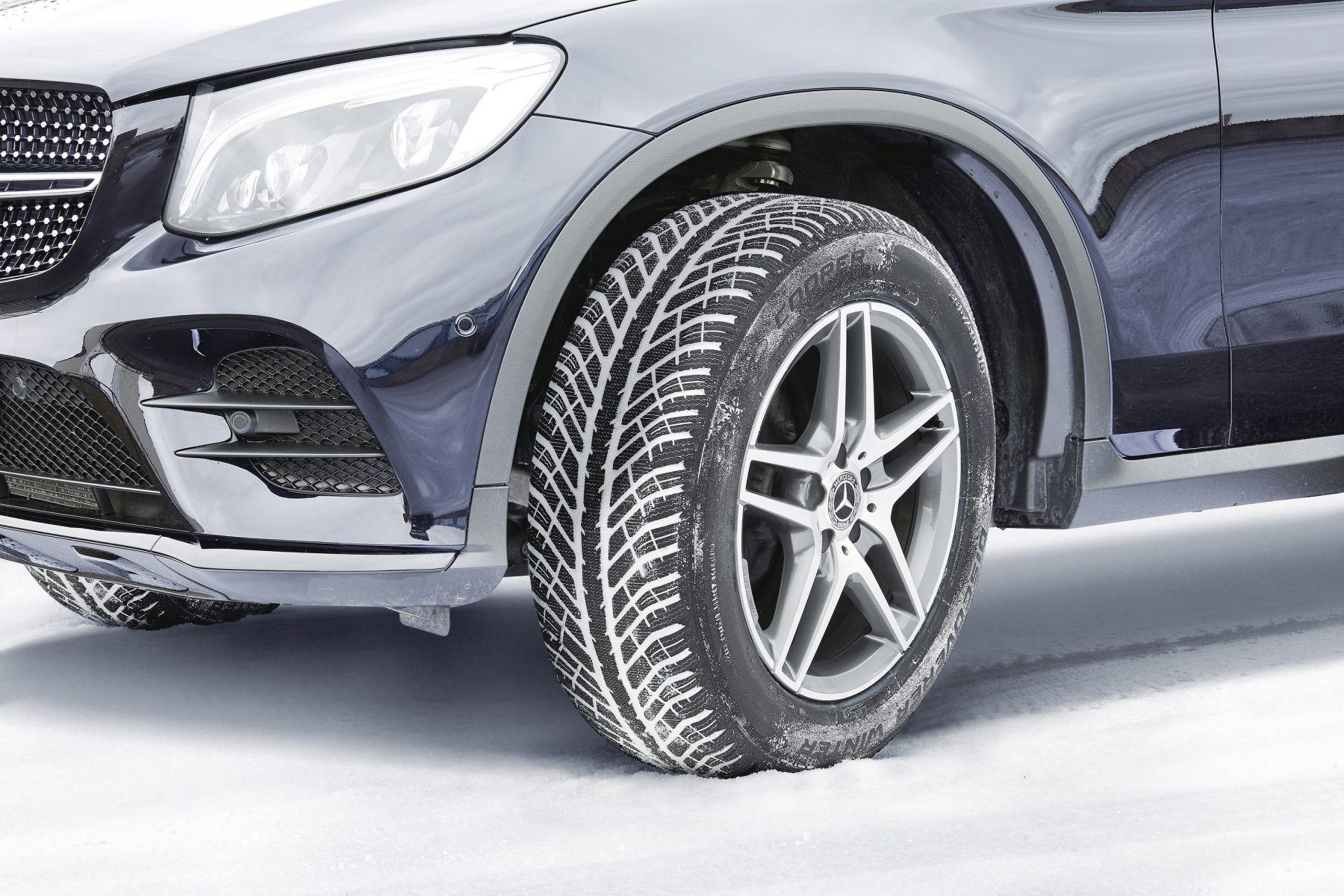
What about all-season tyres?
All-season tyres are considered somewhat of a halfway house between winter and summer tyres. They don’t really have any of the massive positive or negatives of either, and if you really don’t have space to store a second set of tyres can be a good addition to your car. Just remember performance will be reduced compared to a summer or winter tyre in their ideal conditions.

